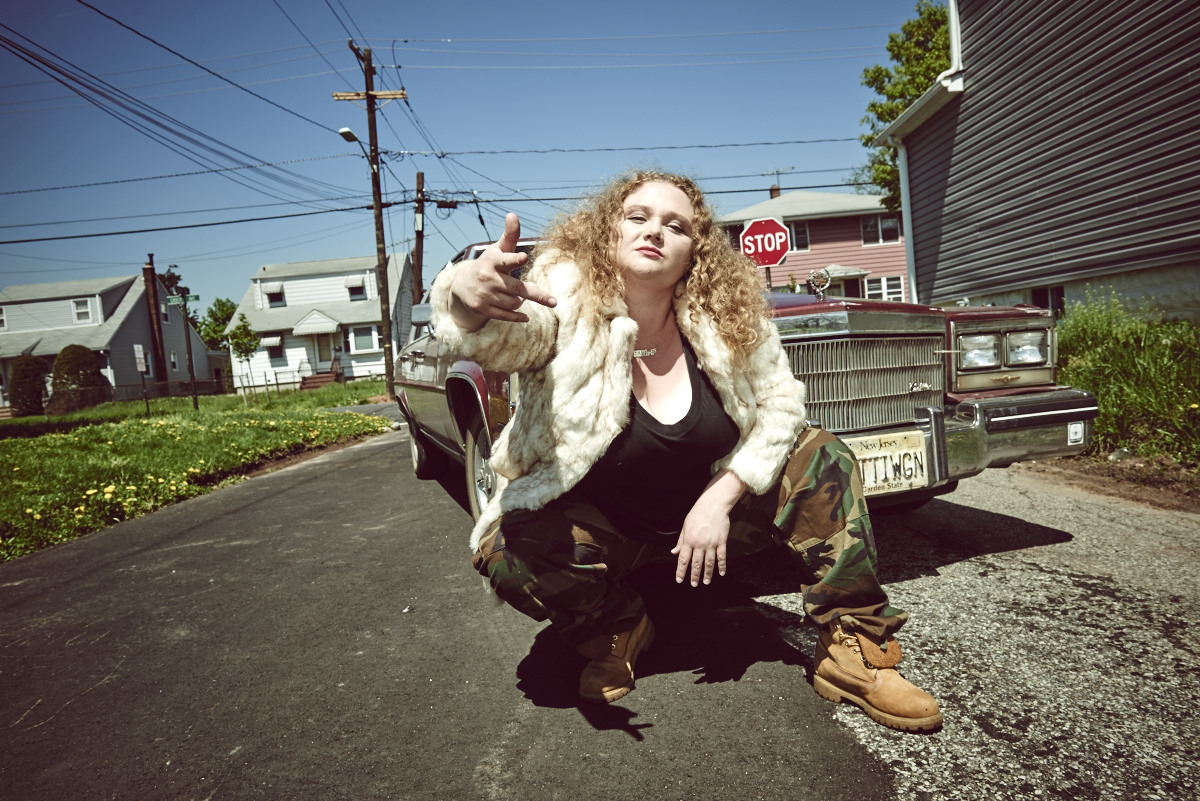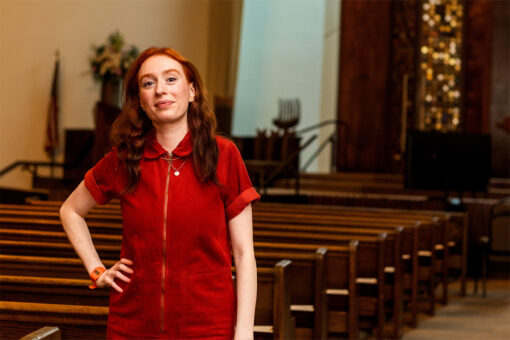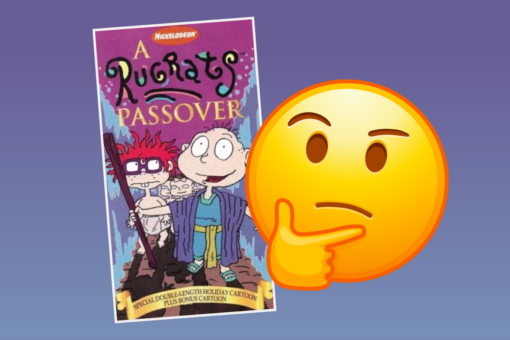I saw this movie by accident. I had one afternoon with no plans and temperatures were somewhere in the high 90s. My phone was slow—LTE data plans run out, you know—but when I Googled movie times, Patti Cake$ was the first thing that came up. I had read about it, somewhere: a movie about an aspiring rapper living with her grandmother in New Jersey. I’m also from New Jersey. I am also living with my grandma. It was the first movie time that came out. Perfect, I thought. So I saw it.
Patti Cake$ is about KILLA P, whose real name is Patricia. Patricia has an insane talent for writing limerick. Her limerick become lyrics, and those lyrics become rap, and Patricia spits all over town with her drugstore-clerk-slash-aspiring-club-kid BFF, Hareesh. Soon, she meets another muscian, Basterd the Antichrist—whose real name I won’t tell you—and together with her grandmother they make a beat. And another one. Their songs come together, and soon, it’s an EP.
The rap group—titled PBNJ—plans their first concert. They start recording songs. They set out to find their audience and make Patricia’s green-fog fantasies of stardom become reality.
While working on her music, Patricia lives with her bedridden grandmother and her mom, a sometimes-alcoholic with a beautiful voice and long-stalled singing career. The dynamics between that matriarchal line would be enough of an interesting movie on its own. But Patti Cake$ has other themes to tackle, too.
Beyond the plot, the movie is a good one for representation, with a woman at the helm and a racially diverse cast. Patricia, who is white, makes music with a black beatmaker and an Indian promoter/producer. The movie is set in a lower-class neighborhood of New Jersey where Newark is aspirational, and it does not shy away from documenting the realities of poverty in a part of New Jersey not often visited by the elites watching (and critiquing) this movie at Sundance, where it premiered. In this clear representation of characters who are not all conventionally rich, attractive, or white, the movie gives voice (gives rap!) to characters who otherwise are just barely making it on screen. In all their focus, they make music.
This is not to say the tensions aren’t there—Patricia is made fun of for being a white girl who wants to rap, and is constantly made fun of for her weight. And the lyrics—the ones she writes, and the ones she responds to in rap battles—are as raunchy, sexual, and misogynistic as anyone else’s. But the portrayal of these people in the full scope of their honesty, coupled with genuine, full-hearted, and successful acting, is what makes the movie work so well. It transcends normal ideas of appropriation and the like—it makes good music with a diverse group of people. Diverse in terms of age, race, gender, you name it. It is a miracle of what good casting and better music can do. Proof that good stories and great music can be made regardless of gender identity and the like.
What’s cool about this movie is that, within the outlines of the plot, it asks a million relevant questions and let’s you find your own answers. What’s it like to be large in a place where women are valued for their sexuality? How do you deal with sick parents—mentally and physically? How do you keep fighting for your talent when the world tells you you’re not an artist? Does hard work bring reward? What happens when your art is traditionally black and you’re white? How do you deal with loss? And trust your voice? And love your mother? And get the weird guy at the music show to hold your hand and take you home?
I don’t think the movie answers all these questions, really, but I don’t think it needs to. It puts the questions out there, and the ask is often as hard as the answer. The answer is one we need to figure out for ourselves.
But for all the themes in the movie that can be viewed through the lens of identity politics—or, how you are represented to the world based on outward presentations of self—this movie tackles one of the oldest themes of art-making at large. It is a portrait of the young artist.
This young artist happens to be a fat, white, curly-haired, Episcopalian woman.
And she fucking kills. KILLA P kills.
Some online critics have said that the movie is too much like 8 Mile and other artist coming-of-age stories and, thus, unoriginal. Others have said that KILLA P’s lyrics are flat, that she can’t rap. To that, I say—well, I guess I should go see 8 Mile.
In truth, I don’t care. Recycled plotlines are perhaps not the stuff of the Oscars, but for an indie flick with solid enough beats and a cast that makes me think about the world, I don’t care. I rooted for Patricia to win. To make it. She works hard and practices harder and doesn’t give up. I like these stories in 2017.
Besides, like all Jersey movies worth their salt, there is an epic bar mitzvah scene in the middle, complete with canny kids doing shots of Schnapps and a DJ shouting about “bitzvah,” which is a combo of bar and mitzvah and a damn good compound word if I’ve ever seen one.
When Patti looks over the Hudson towards New York City—and hell, she hasn’t made it to Newark yet—I swear I could cry. She’ll make her music, find her voice, be the illest fat girl rapper alive.
Image via Andrew Boyle/Twentieth Century Fox Film Corporation



